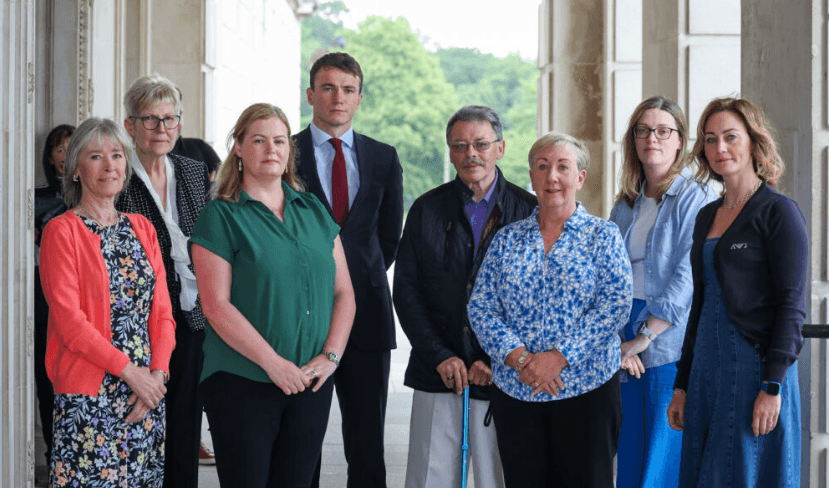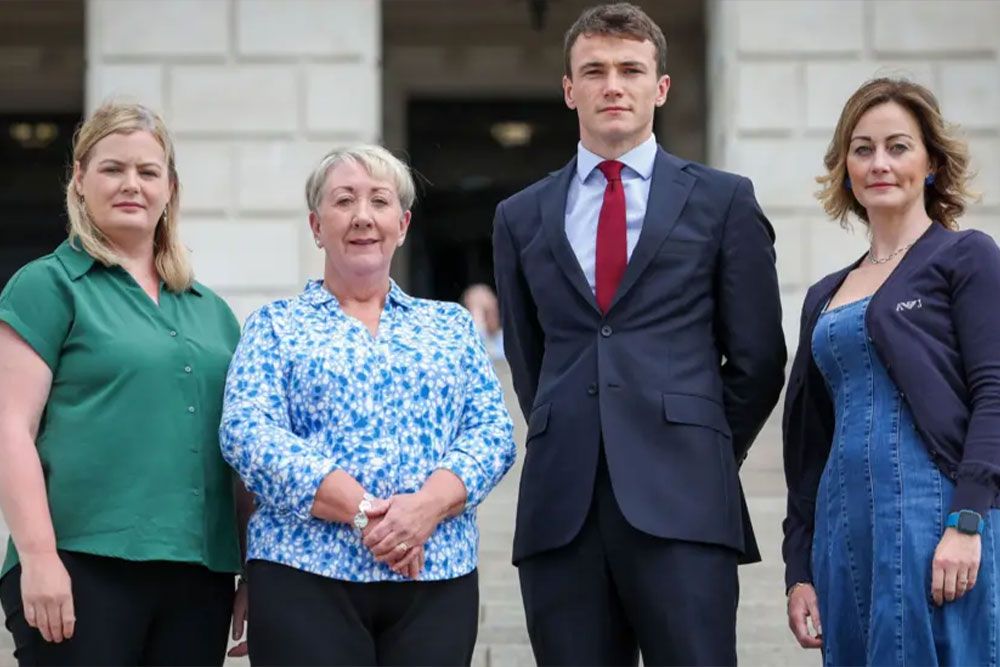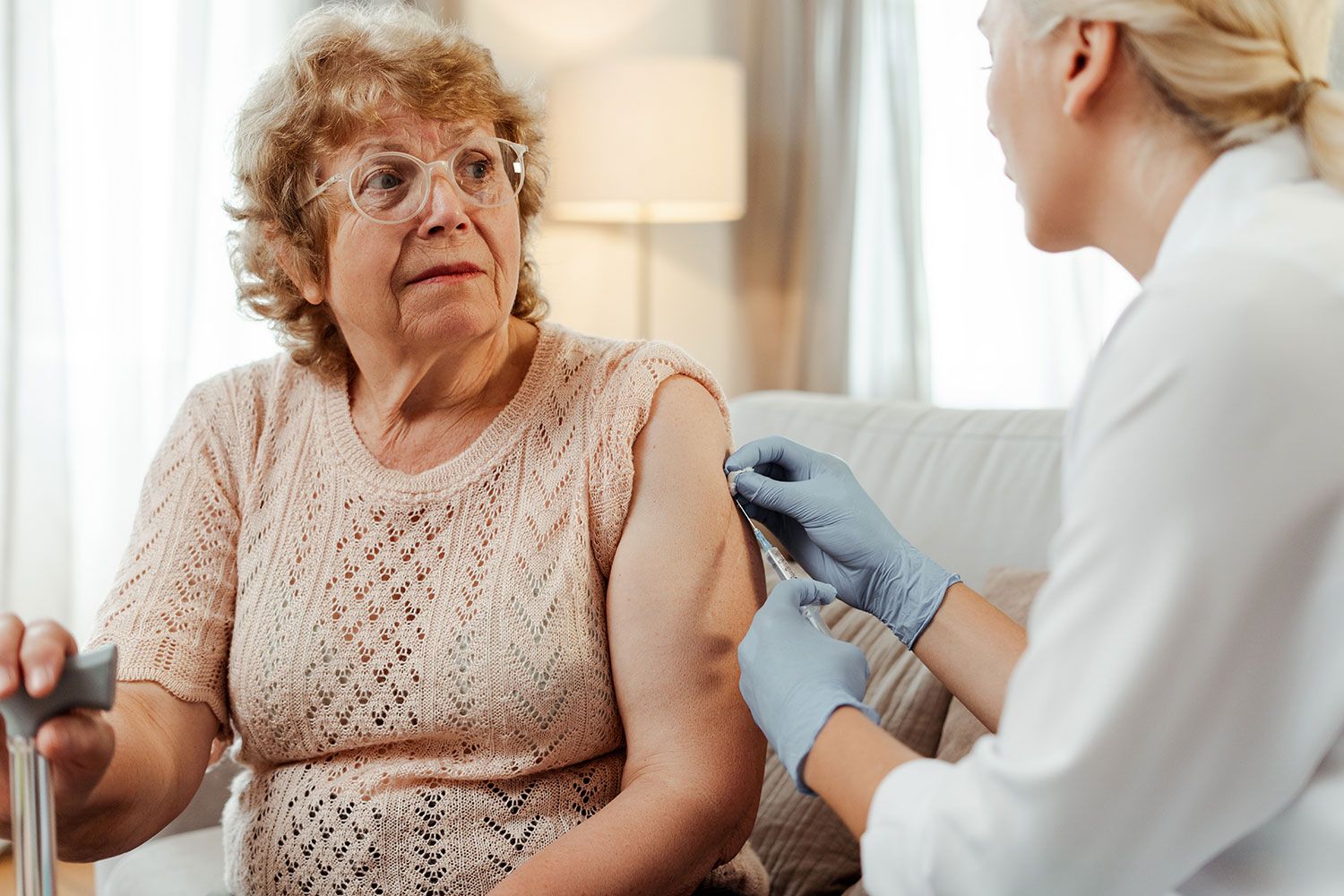
Cervical Cancer Screening Scandal - Southern Health & Social Care Trust
Northern Ireland has a Cervical Screening Programme for women who have no symptoms of cervical cancer. All women registered with a GP in Northern Ireland who fall within the screening age range are automatically invited to go for a screening test. Women aged between 25 and 49 are invited every three years and women aged between 50 and 64 are invited every five years. The programme aims to identify pre-cancerous cells and ultimately reduce the number of cases of cervical cancer in Northern Ireland. A highly critical independent report by the Royal College of Pathologists found that several cytology staff in the SHSCT were "significantly underperforming." As a result, approximately 17,500 women were required to have their smear tests re-examined.
no obligation

Over the last decade and beyond, several significant concerns related to the accuracy and reliability of the cervical cancer screening process have been raised in Northern Ireland.
The Southern Health and Social Care Trust provides a Cervical Cytology Service as part of the Northern Ireland Cervical Screening Programme. In July 2022, senior laboratory staff told the trust’s management team that they had concerns about performance in some steps of their laboratory’s screening system. To investigate these concerns, the trust commissioned the Royal College of Pathologists (RCPath Consulting) to carry out an independent assessment of its cervical screening services from 1st January 2008 and October 2021. The highly critical report revealed that several cytology staff in the SHSCT were "significantly underperforming."
As a precautionary measure, the trust carried out a review of the results of some patients who had cervical smears analysed by the trust during this time. Approximately 17,500 smear tests were reviewed to identify any potential errors and improve the accuracy of the cervical screening results.
A public apology has been made by the Southern Health Trust to those who have been impacted. However, many women remain in limbo as they await the results of their review. Tragically, a number of women have died as a result of misread smears, including Erin Harbinson and Lynsey Courtney. Their families continue the fight for answers and accountability on their behalf.
Campaigners believe the review does not go far enough and have been calling for a statutory public inquiry to investigate these issues in a robust and transparent manner.
FAQs
What is a Public Inquiry?
Public inquiries are independent investigations, established in response to public concern about a particular event or set of events.
An inquiry typically sets out to establish:
What happened, and why?
What decisions went wrong, and what went right?
What lessons can be learnt to prevent a recurrence of any adverse impacts from these events?
A statutory public inquiry has the power to compel witnesses and evidence. People or groups of people who have been adversely impacted are also given a central role in statutory Inquiry’s by being designated as core participants. This gives victims the right to be central to the Inquiry’s investigation by reviewing evidence, giving evidence, making submissions and questioning witnesses via their legal representatives and shaping the nature of the Inquiry’s investigation more generally to ensure that it is as comprehensive as possible.
What Next?
There is no dispute that the efficacy of the cervical screening programme in NI raises matters of significant public concern, and that urgent action is required to establish the facts of how these events came to pass and to put measures in place to ensure that a reoccurrence does not occur which would, in turn, help to restore public confidence.
The question, is what is the most appropriate forum to investigate these issues? The scale and systemic nature of the failures mean that it is highly unlikely that anything short of a statutory public inquiry would suffice. In circumstances where families have already been bereaved and many women remain in limbo, the urgency could hardly be greater.
What other Legal Remedies are available?
In the context of the cervical screening scandal there are a range of potential remedies for investigating.
Medical negligence claims are a potential avenue that could be pursued. Unfortunately, this would be sub-optimal as medical negligence litigation is generally very expensive and lengthy which is an unacceptable barrier to participation.
Representative actions (sometimes known as class actions) are available where numerous people have the same interest in proceedings. This could in theory apply to those who have suffered adverse impacts as a result of misread smears. However, given that the impact on women has been variable the question of causation would likely need to be addressed on a case-by-case basis.
Coroner’s Inquests may be available in the most extreme cases where a death has occurred because of misread smear tests. The coroner can investigate the cause of death as well as the circumstances surrounding a death. However, there are obvious barriers to participation in circumstances where an Inquest would investigate individual cases and would be impeded from reviewing the wider spectrum of issues.
How Can We Help?
The real tragedy of this scandal is that the deaths and illnesses of many women could have been avoided. At P.A. Duffy & Co Solicitors our experienced inquiries team can help victims of this scandal in their quest for answers and accountability.
Our team have encountered these recurring issues throughout the Northern Ireland Health and Social Care System in the course of our work on the UK Covid-19 Inquiry and in representing patients of former BHSCT neurologist Dr. Michael Watt. Those who have been impacted by the cervical screening review will wonder if the same or similar issues contributed to this latest healthcare scandal in Northern Ireland.
Get in Touch
Speak to us with No Obligation
Contact Our Solicitors
Please fill out the simple form below and we will contact you as soon as possible










